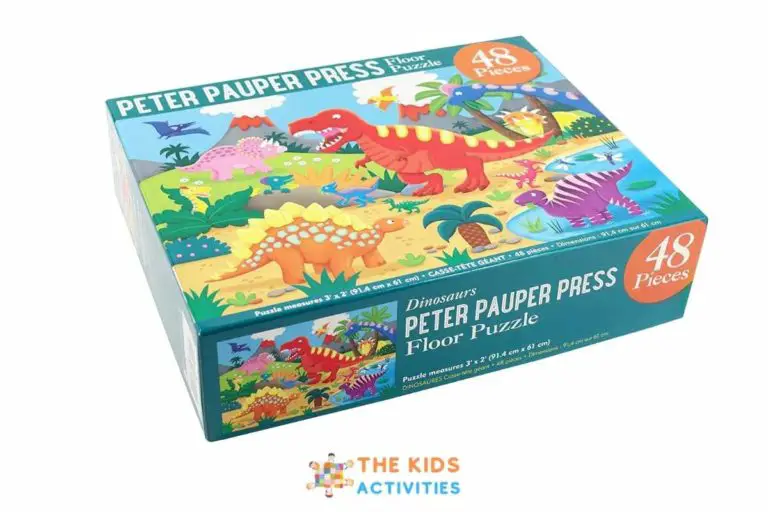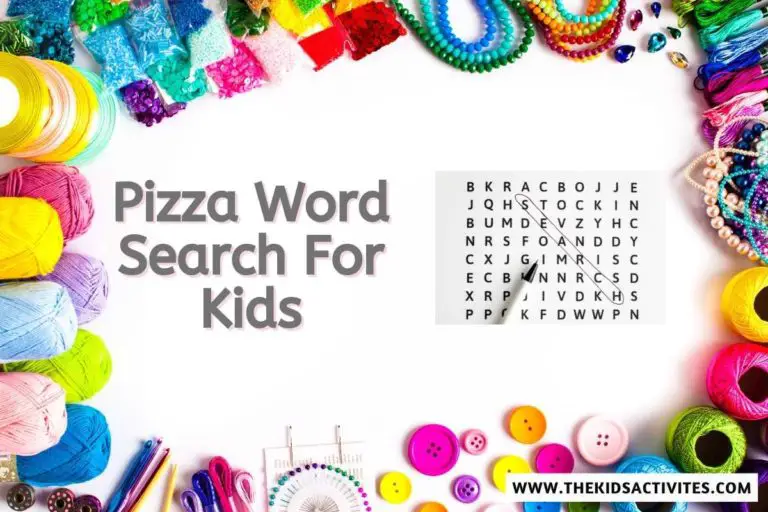Are Puzzles Good for Your Brain?
There is no doubt that puzzles are good for your brain. They help to improve your memory and problem-solving skills. In addition, puzzles are a great way to relieve stress and relax.
Are Puzzles Good for Your Brain?
Puzzles are often thought of as a fun way to pass the time, but they may also have some benefits for your brain. Research has shown that working on puzzles can help to improve your memory and problem-solving skills. Puzzles can also be a helpful tool for people with dementia or another cognitive decline, as they can help to keep the mind active and delay the onset of symptoms.
Key Points at a Glance
- Puzzles are a great way to improve your memory and problem-solving skills.
- Puzzles are good for your IQ.
- Also, puzzles improve your brainpower.
What types of puzzles are good for your brain?
There are many different types of puzzles that are good for your brain.
Some of these include:
- Crosswords
- Sudoku
- Word Searches
- Jigsaw puzzles
- Logic puzzles
These puzzles help to improve your memory, focus, and problem-solving skills.
There is no definitive answer to this question as different people have different preferences when it comes to puzzles. However, some research has suggested that certain types of puzzles may be more beneficial for brain health than others.
For example, one study found that people who regularly solve crossword puzzles have a lower risk of developing dementia than those who do not solve puzzles regularly. Other research has suggested that puzzles that require participants to identify patterns or solve logic problems may also be beneficial for brain health.
Are puzzles good for your IQ?
Puzzles can improve our memory, concentration, vocabulary, and reasoning skills, and as a result, can also raise our IQ scores.
There is no definitive answer to this question as everyone’s IQ is different. Some people may find that puzzles help them to think more critically and boost their IQ, while others may find that they don’t see any benefits. Ultimately, it is up to the individual to decide whether or not puzzles are good for their IQ.
Can puzzles improve your brainpower?
Yes, puzzles can improve your brainpower. They can help improve your memory, problem-solving skills, and critical thinking skills.
What are the benefits of doing puzzles?
There are many benefits of using puzzles, here are listed some of them:
- Puzzles are a great way to improve your problem-solving skills.
- They can also help improve your memory and concentration.
- Helps to improve problem-solving skills
- Can help to improve memory and concentration
- Aids in developing hand-eye coordination
- They can provide a sense of calm and relaxation
- Puzzles can be a fun and enjoyable activity to do with others
How do puzzles help to improve cognitive function?
Puzzles help improve cognitive function by providing a mental workout.
They help improve memory and problem-solving skills by forcing the brain to remember patterns and think creatively to find solutions.
Are there any risks associated with doing puzzles?
There are no risks associated with doing puzzles.
Conclusion
Puzzles are a great way to keep your brain active and engaged. They can help improve your memory, problem-solving skills, and overall cognitive function. If you’re looking for a fun and challenging way to keep your mind sharp, puzzles are definitely worth considering.






